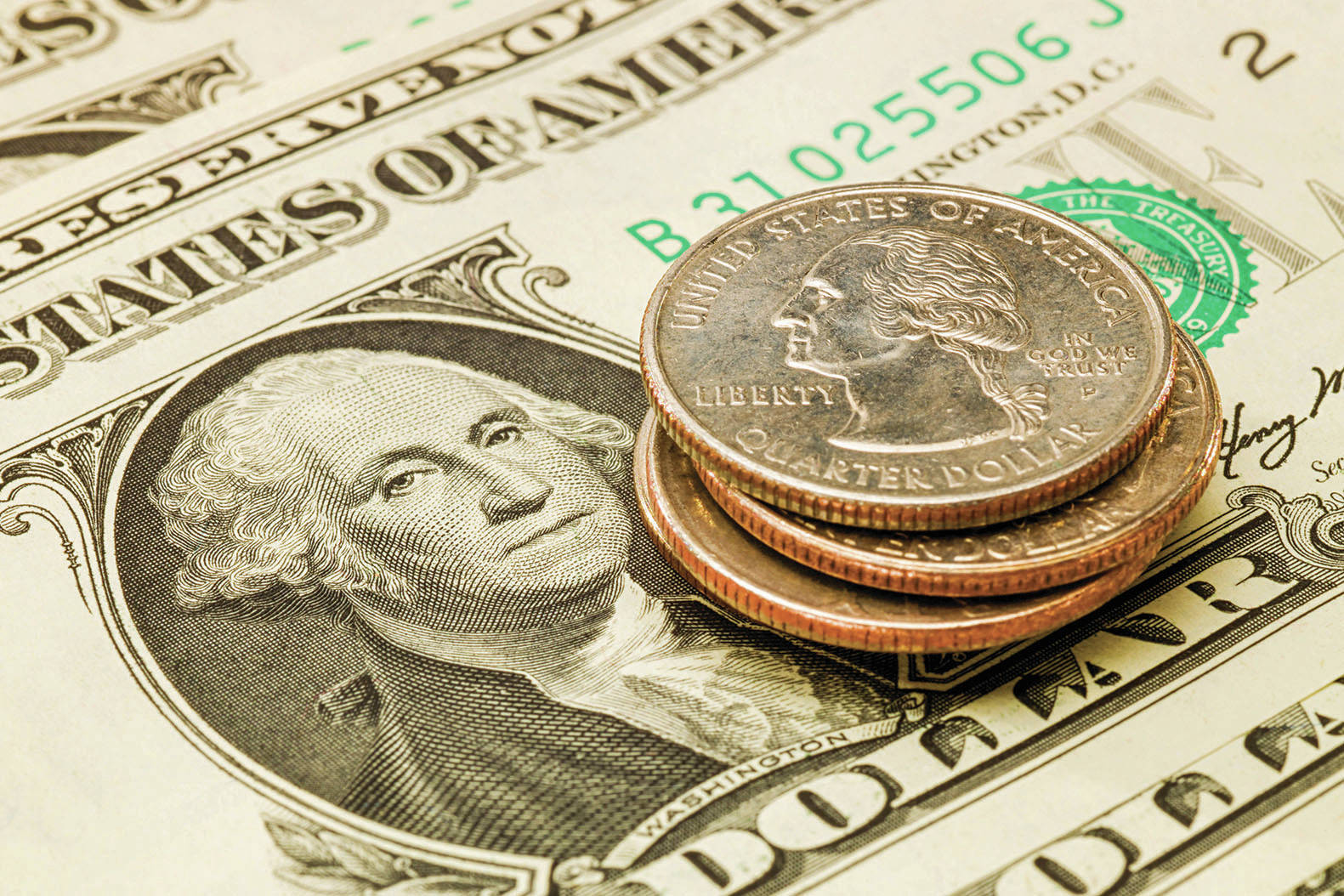Alaska’s minimum wage increased 30 cents beginning Jan. 1, 2020.
The wage increased from $9.89 an hour to $10.19 an hour.
In 2014, Alaskans voted to raise the minimum wage by $1 in both 2015 and 2016, and required the rate to be adjusted annually for inflation, according to an October press release from the Office of the Commissioner of the Alaska Department of Labor and Workforce Development. Tips do not count toward the Alaska minimum wage.
To adjust for inflation, the state uses the previous calendar year’s Consumer Price Index for urban consumers in the Anchorage Metropolitan Area. The index is a measure of the average change in prices paid by urban consumers over time.
Last year, minimum wage rose 5 cents, from $9.84 to $9.89. In 2017, 2018 and 2019 the minimum wage only rose 5 cents.
By law, Alaska’s minimum wage must remain at least $1 per hour over the federal minimum wage, which is $7.25. Alaska is among 30 states with minimum wages above $7.25. Washington state, California and Massachusetts have state minimum wages of $12 and Washington, D.C., offers workers a minimum of $14 an hour.
The federal minimum wage hasn’t risen in over a decade.

